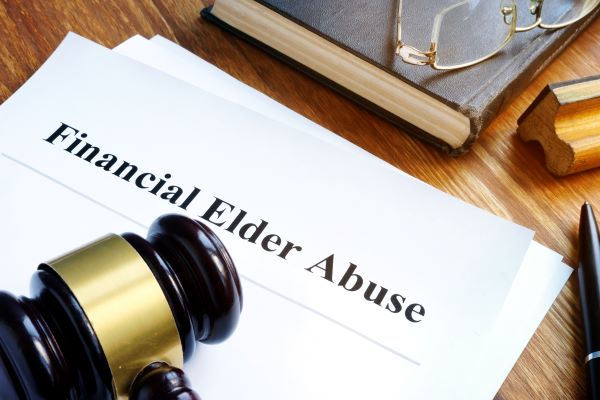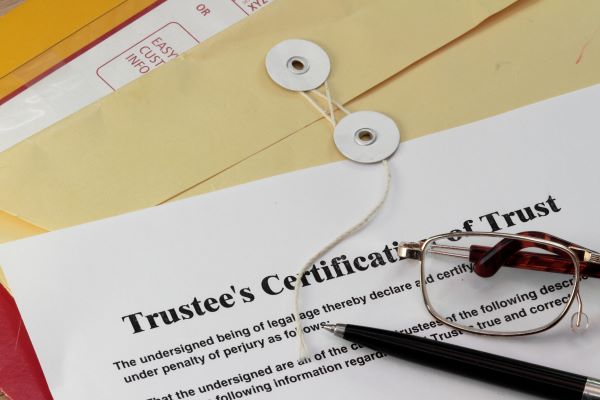Among older Americans, divorce and widowhood are at an all-time high, leading to new partnerships.…

Seniors at Risk for Financial Abuse
Financial abuse among the elderly have steadily grown over the past ten years. The financial exploitation of older or vulnerable adults can take many different forms. This portion of the population can be exploited by strangers of professionals who deal with their assets, and even trusted family members and friends. It is a problem to which a solution has been difficult to find because many exploited people are ashamed that they were able to be taken advantage of and therein do not report the crimes. Unfortunately, this type of abuse not only affects the finances of the victim, but also their mental and physical well-being. Let’s take a look at the types of financial elder abuse and some measures that can be and are being taking to prevent this type of abuse.
Types of Financial Elder Abuse
The first type of financial elder abuse is committed by strangers. This often includes phone scams. The grandparent scam is one tactic strangers use for financial exploitation of seniors. In this scam, the senior is called and told his or her grandson is in jail and needs money immediately. Many seniors fall prey to this scam because they want to help their grandchild.
Charity scams are another common phone scam. The scammer calls and asks for money for what seems to be a very good cause in order to get money from the senior. Disasters are often used in this type of scam.
Home repair con artists are another way vulnerable adults succumb to financial abuse. They promise to provide a service and ask for payment up front. Then they never return to provide the service.
Financial elder abuse can also be committed by “professionals”. These predators often use lending schemes to pressure elders into taking inappropriate loans or reverse mortgages that do not benefit the senior. Email scams concerning false bank accounts are used to siphon money from vulnerable adults. Investment schemes are also used to manipulate seniors into believing they will get unrealistic returns on certain investments. Identity theft is another way that these so-called professionals take advantage of senior adults. They use the identity of the senior to fraudulently open credit card accounts. Medicare scams are some of the costliest scams by professionals.
Finally, financial elder abuse is commonly committed by family members and close friends. These scams can take many forms. Some care takers will begin small, keeping the change from running errands. Often the Power of Attorney will use the power given by the individual to control the finances as an opportunity to steal the elder’s money and use it for his or her own purposes. Family or close friends also commit financial elder abuse when they use ATM cards or steal checks to gain access to money from the vulnerable adult. There are many variations on these types of abuse.
Protecting Our Elders
One way to help stop financial elder abuse is to let our elderly loved ones know that there is no reason to be ashamed to report possible financial abuse. These thieves and scammers are smart and know how to play the game to take advantage of people. Another way is to stay on top of accounts and work with law enforcement and banking officials to keep track of accounts and to report anything that looks suspicious. It is important for family members and friends to have checks and balances when taking control of someone else’s money and assets. Have more than one person who looks at account information and possibly shares control. Recently the Senior Safe Act was signed into law. This is a step by the federal government to help protect elders from financial abuse. Under the Act, banks, credit unions, investment advisers, broker-dealers, insurance companies, and insurance agencies are protected from being sued for reporting suspected fraud, but their employees must be trained to understand the warning signs. It empowers financial service representatives to identify warning signs and help keep vulnerable adults from becoming victims of financial abuse. There is no easy answer, but it is hopeful that awareness will help financial elder abuse to decline.
If you have any questions about something you have read or would like additional information, please feel free to contact us. Please contact our Nashua office at (603) 881-9161 or our Woburn office at 978-458-4566 to see how we can help you.



